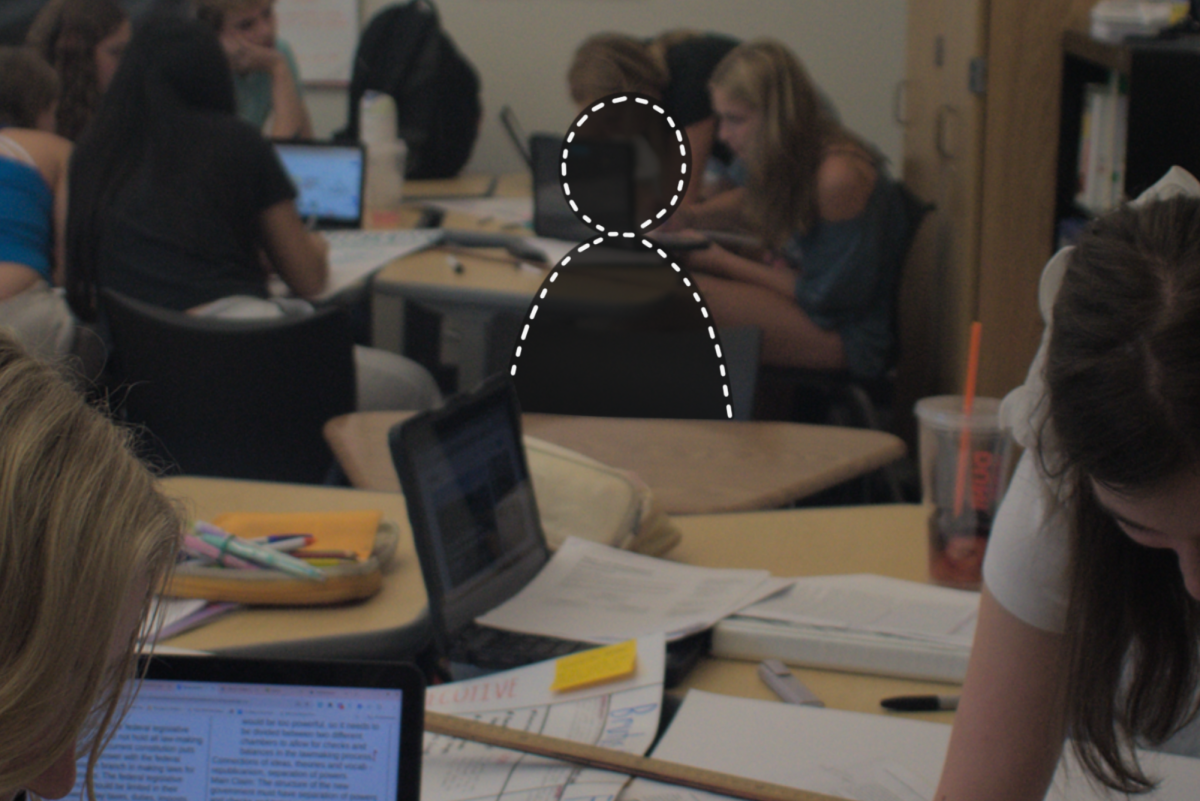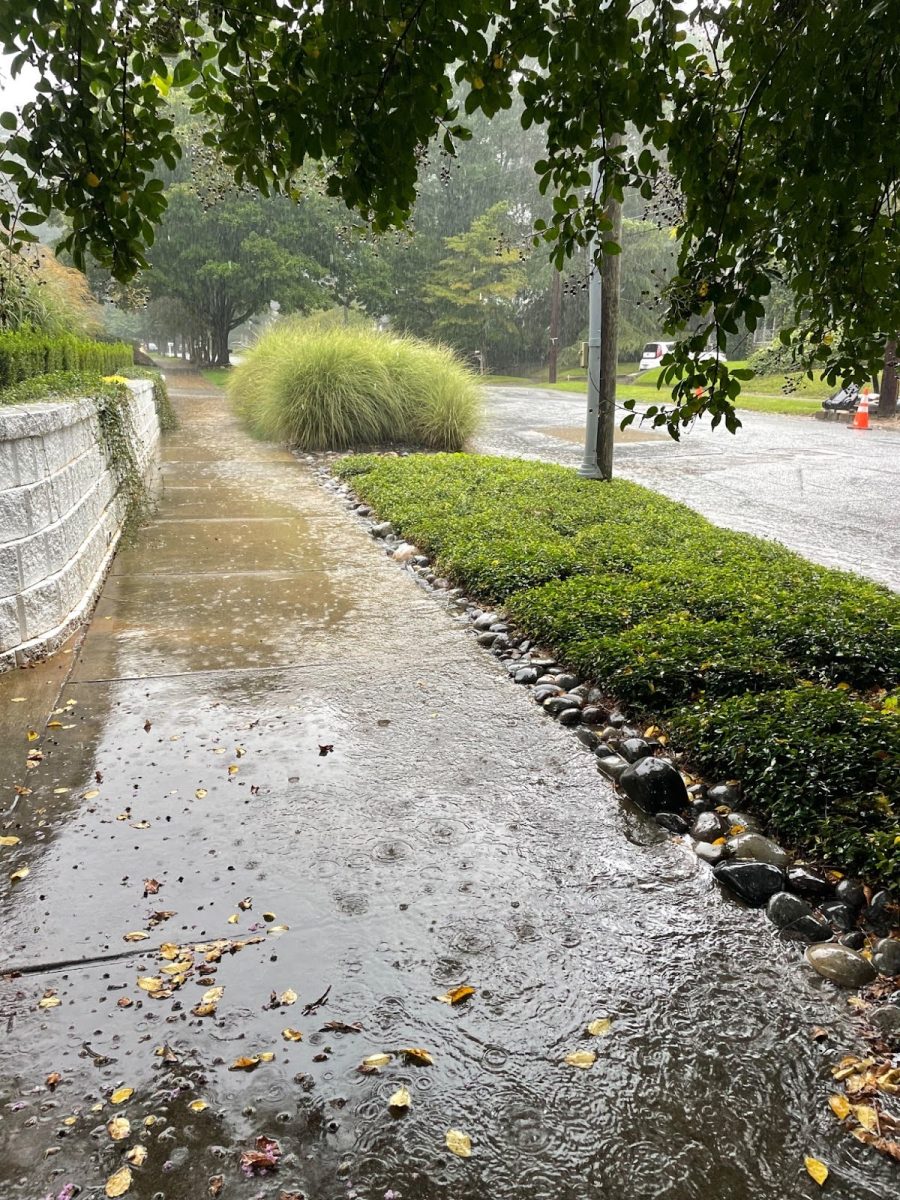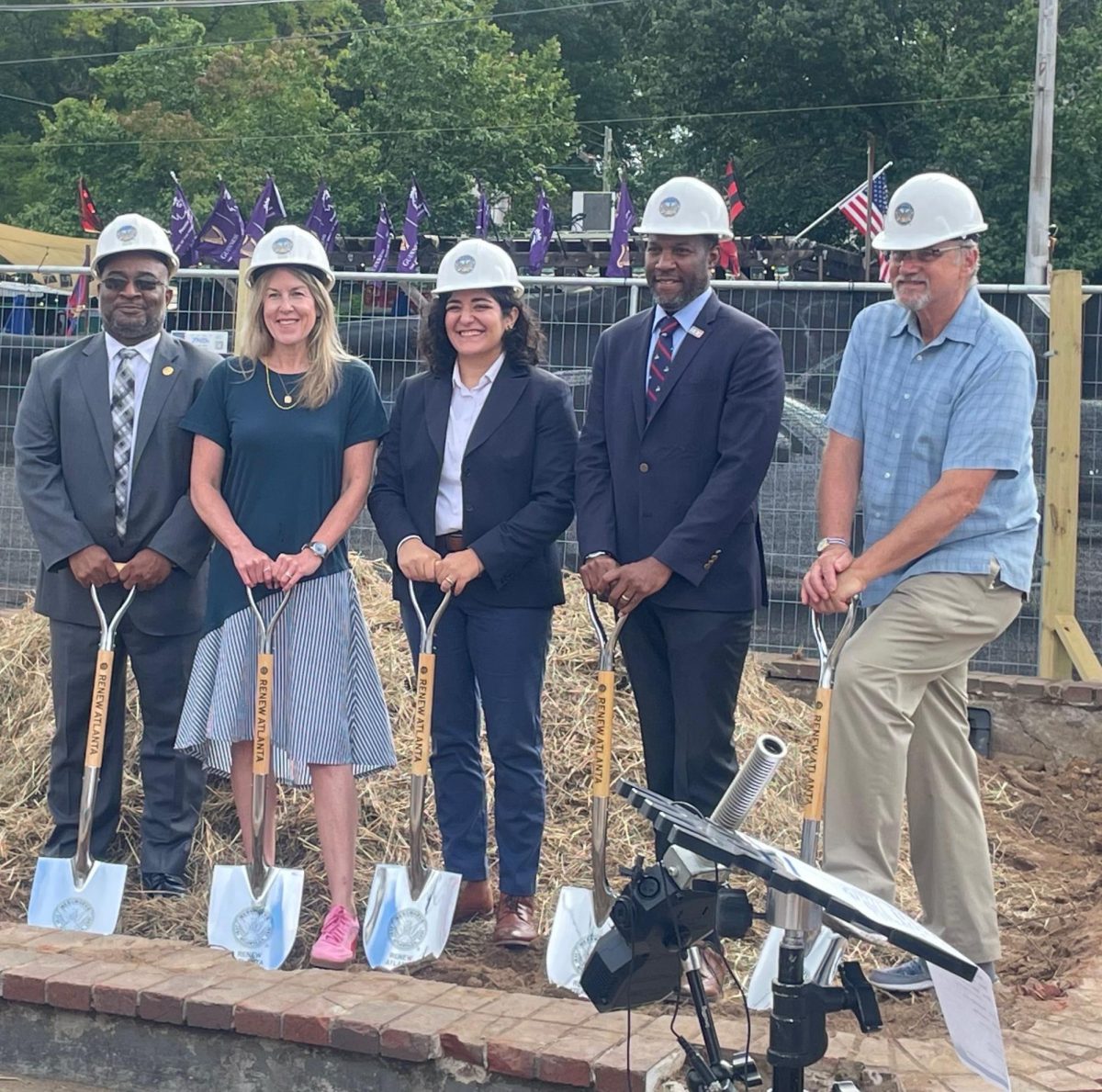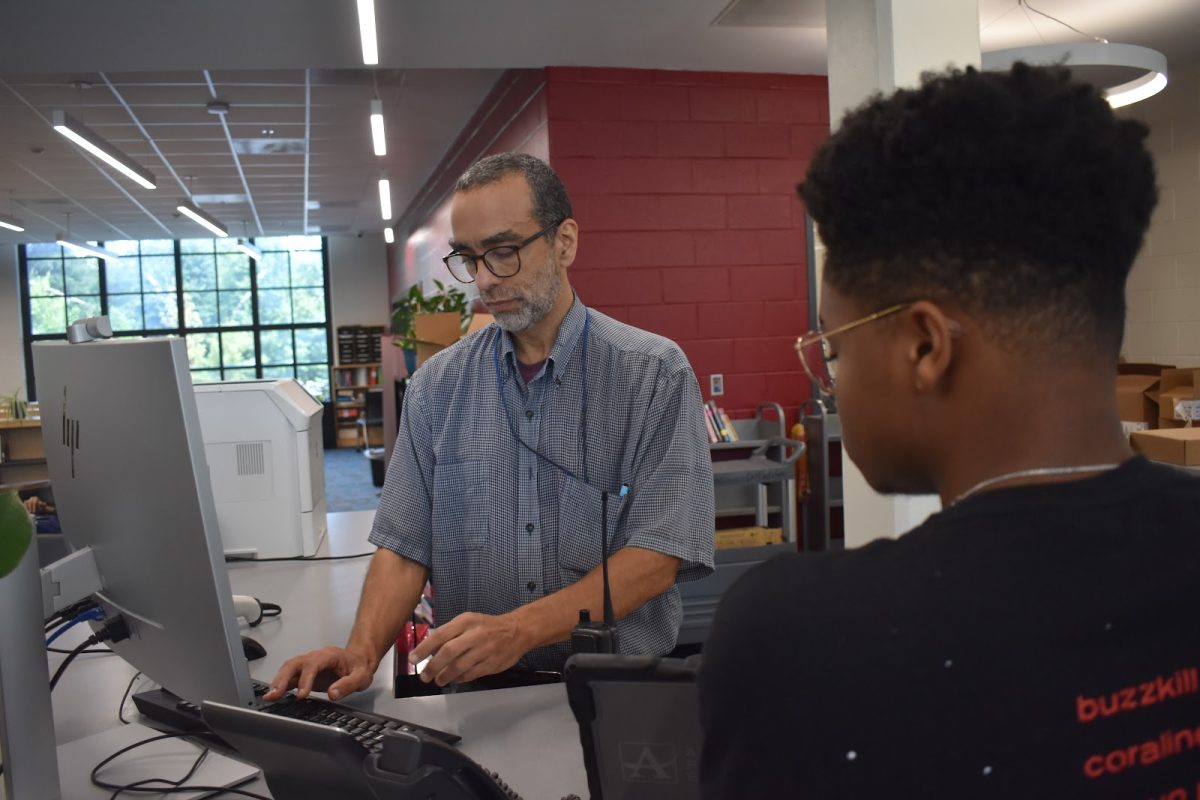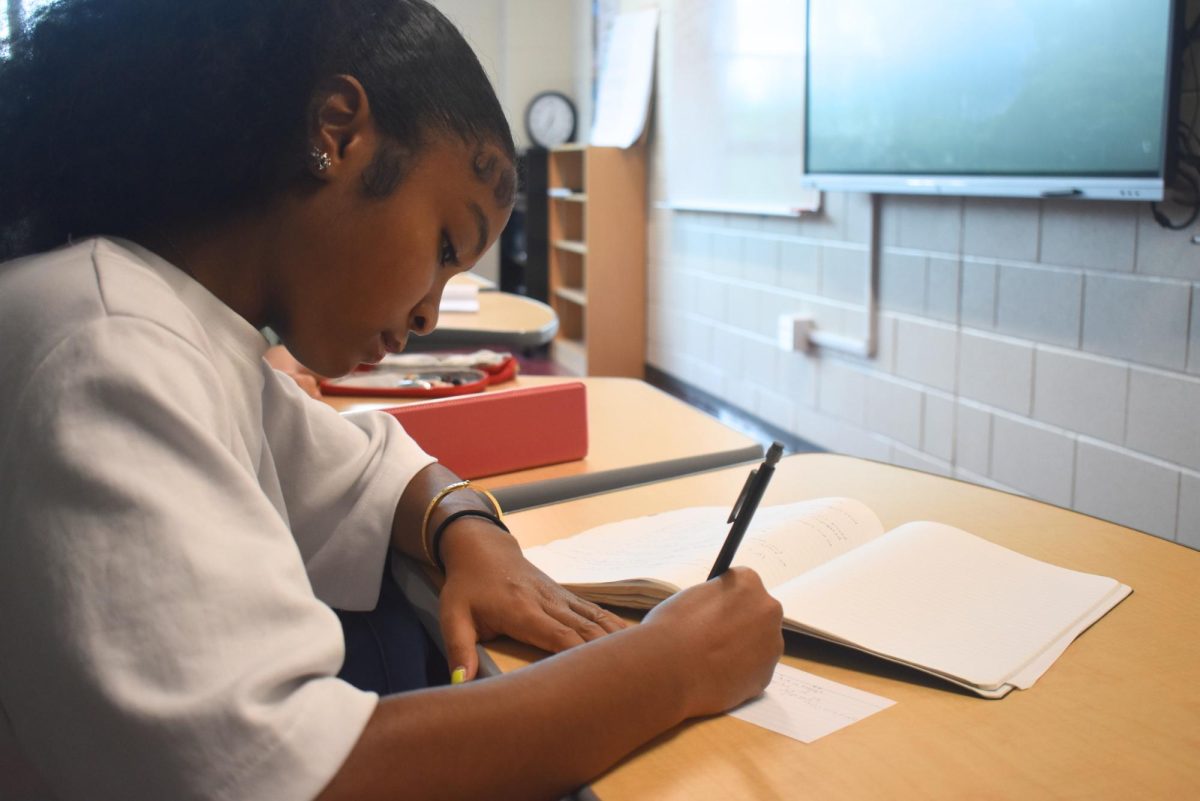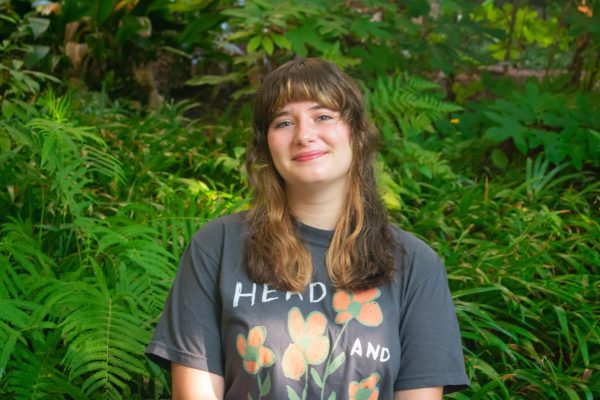Plan A is a mobile health clinic that provides free healthcare services to underserved areas throughout Mississippi and Southwest Georgia without requiring insurance. They held a fundraiser and awareness event in Atlanta on June 1st.
“Through the event, I was able to make connections with people who work at organizations that share our goal of helping people to live healthier lives,” Executive Director and founder of Plan A, Caroline Weinberg said. “People who came will hopefully go home and tell their friends or the people they work with about us, and through that, expand our efforts in the community and the network of people we have on our side.”
Event attendee Alicia Simpson believes this event was particularly important to raise awareness of the challenges many people face to receive basic care.
“People don’t realize outside of a city just how hard it is to get things like healthy food, medication and how much medication costs,” Simpson said. “There’s no reason to know it if you’re not in that world, but it impacts all of us because they are Georgians too, so it all matters.”
Event host Virginia Apperson said the event was a way to connect with a community that could help Plan A grow and thrive in both Georgia and Mississippi.
“Women deserve great healthcare with providers they trust,” Apperson said. “I’ve learned from Caroline how woefully underserved rural communities are. She’s focused now in Mississippi and Georgia and I was excited for my community to find hope and inspiration, to connect Caroline with like-minded folks, and if anyone felt moved to contribute to her work, that would be great too.”
The clinic emphasizes and provides a wide range of services, some relating to reproductive and sexual health, such as maternal and infant care, and also some primary care services such as blood pressure and sugar screenings, prioritizing care availability in rural areas.
“[There are] major barriers to care everywhere really, but especially in rural communities,” Weinberg said. “Some of the people we serve live an hour from any provider, much farther if they need speciality care like for pregnancy or other health conditions. Traveling that far takes time and money [and] that doesn’t include the cost of the visit itself or any medication. Plan A serves up to 40% of people [who] don’t have any health insurance and many more are underinsured.”
Weinberg said recent changes in the political and social climate have affected many aspects of reproductive healthcare, including abortion, contraception and disease prevention and treatment.
“Reproductive and sexual health care is, undeniably, facing targeted attacks as it always has,” Weinberg said. “Departments of health lost funding for STI testing, some states lost funding for birth control, laws are being crafted specifically to limit options for the future.”
Simpson believes that reproductive care can help people outside of the general scope of sexual and reproductive health needs.
“Reproductive healthcare helps in homelessness, it helps in hunger, it helps for women especially to have better educational opportunities and job opportunities,” Simpson said. “Reproductive health to me is not about having babies, it’s about having a life.”
Since its start in the Mississippi Delta six years ago, Plan A has extended into Georgia. However, it does not plan to expand nationwide.
“Our vision for the future is to have a thriving program in Georgia that is expanded to do more maternal and infant health work like we do in Mississippi, continue our work in that state and have maybe one more clinic,” Weinberg said. “But the goal isn’t for us to be everywhere. The goal is to help other people build the mobile clinic model so that it’s a way of increasing accessibility everywhere, not just under Plan A.”
Weinberg said the clinic is targeted towards areas where it is most needed.
“I decided to work on building a program that would bring care directly to underserved people living in the most vulnerable areas of the country,” Weinberg said. “While we do go to some larger cities, generally we focus on the towns that don’t have an existing medical office or go directly to colleges and universities.”
Apperson believes Plan A and related initiatives bring people together with the common goal of keeping people safe and healthy.
“I know after hearing Caroline yesterday how valuable it is for every American to be treated with dignity when we are receiving healthcare,” Apperson said. “We can do better, Plan A is proof.”









